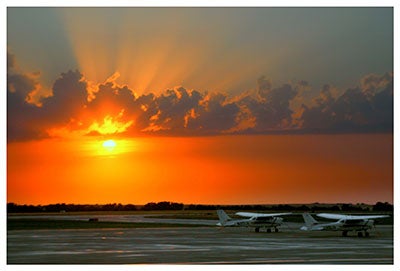Atmospheric Radiation Science Workshop
Dates and location: March 8-11, 2016 NCAR and CU, Boulder, Colorado, USA.

Special emphasis will be given to optimizing airborne observations as part of the ground- and satellite-based observational system to best meet modeling needs. Many of the topics draw from lessons learned from recent and planned experiments (e.g. DC3, SEAC4RS, CSET, ARISE, ORACLES). Participants will have the opportunity to present relevant results.
Several breakout (B) and plenary (P) discussions are planned (see agenda for details):
- B-1: Radiometry (calibration, components, performance parameters)
- B-2: Radiation and microphysics in observations and modeling
- B-3: Arctic/Antarctic observations: High-latitude radiation budget
- B-4: Coping with atmospheric complexity in cloud-aerosol observations and RT modeling
- B-5: Aircraft / UAS air traffic regulations / coordination
- B-6: Photochemistry
- B-7: Satellite validation
- P-1: Emerging science, technology, and platforms
- P-2: Future experiments and flight planning strategies
To fuel these discussions, participants will be provided in advance with an initial set of questions to expand upon, with encouragement to voice their own thoughts during the workshop itself. Two keynote talks (related to two science focus areas: B-2 and B-3) and shorter talks (in plenary sessions or breakouts) will lead into each of the discussions. A poster reception will be held on Tuesday evening and all are invited to present their recent work. The posters will remain up throughout the four days.
The various discussions will be summarized to capture the viewpoints of the participants, which will be organized as a written report with short contributions from everyone interested.
Please post this workshop description for your colleagues.
Scientific organizing committee:
- Sebastian Schmidt (CU)
- Samuel Hall (ACOM/NCAR)
Supported by:
| ACOM - ACCORD |
|
|

